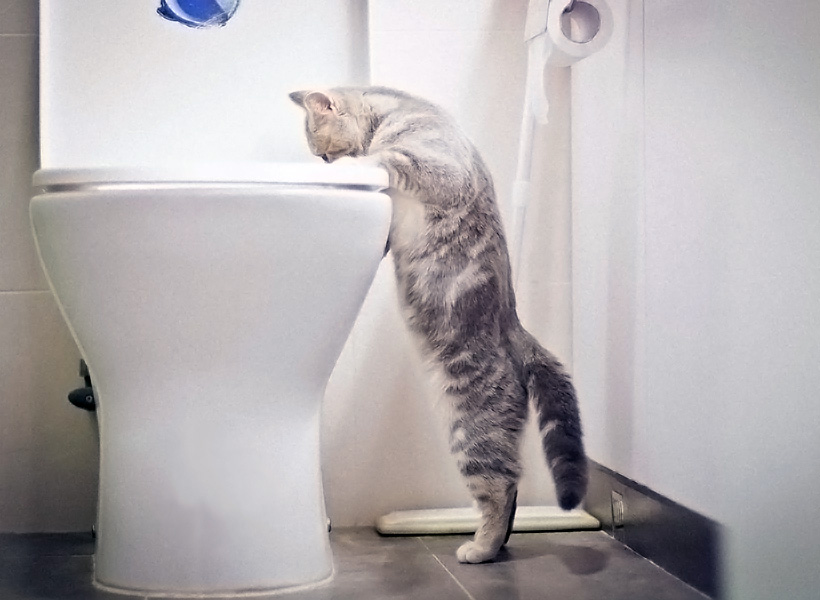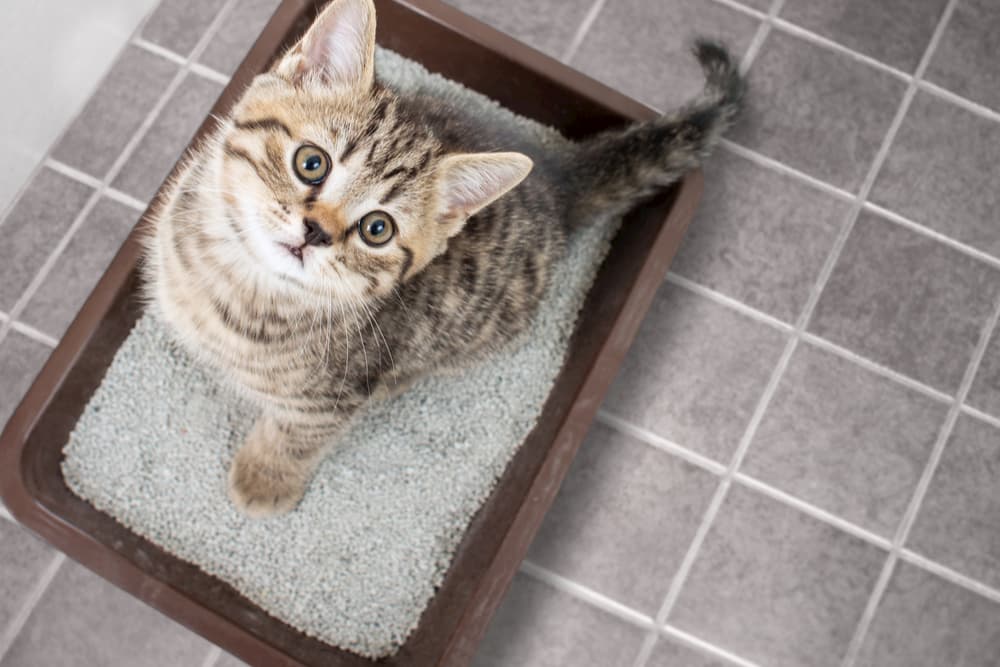Potential Risks of Flushing Cat Poop Down Your Toilet - Advice for Safer Disposal
Potential Risks of Flushing Cat Poop Down Your Toilet - Advice for Safer Disposal
Blog Article
We have found the article pertaining to Can You Flush Cat Poop Down The Toilet? listed below on the web and figured it made perfect sense to talk about it with you here.

Introduction
As feline owners, it's vital to be mindful of just how we dispose of our feline pals' waste. While it may seem practical to flush feline poop down the commode, this practice can have harmful consequences for both the environment and human health.
Alternatives to Flushing
Fortunately, there are more secure and much more accountable methods to dispose of cat poop. Consider the following choices:
1. Scoop and Dispose in Trash
One of the most common technique of getting rid of feline poop is to scoop it right into a naturally degradable bag and throw it in the trash. Make certain to use a specialized trash inside story and get rid of the waste immediately.
2. Usage Biodegradable Litter
Go with naturally degradable pet cat litter made from materials such as corn or wheat. These clutters are environmentally friendly and can be safely gotten rid of in the trash.
3. Bury in the Yard
If you have a backyard, take into consideration burying feline waste in a designated area away from vegetable gardens and water resources. Be sure to dig deep adequate to avoid contamination of groundwater.
4. Install a Pet Waste Disposal System
Buy a pet dog garbage disposal system particularly designed for pet cat waste. These systems use enzymes to break down the waste, lowering smell and environmental impact.
Health Risks
In addition to ecological concerns, purging cat waste can also position health risks to human beings. Pet cat feces may have Toxoplasma gondii, a parasite that can trigger toxoplasmosis-- a possibly extreme health problem, particularly for pregnant ladies and people with damaged body immune systems.
Environmental Impact
Flushing cat poop introduces unsafe microorganisms and parasites into the water supply, positioning a significant threat to aquatic ecological communities. These impurities can adversely impact aquatic life and compromise water high quality.
Conclusion
Accountable animal possession extends past offering food and shelter-- it additionally includes appropriate waste administration. By avoiding flushing pet cat poop down the commode and going with alternative disposal methods, we can lessen our ecological footprint and protect human wellness.
Why Can’t I Flush Cat Poop?
It Spreads a Parasite
Cats are frequently infected with a parasite called toxoplasma gondii. The parasite causes an infection called toxoplasmosis. It is usually harmless to cats. The parasite only uses cat poop as a host for its eggs. Otherwise, the cat’s immune system usually keeps the infection at low enough levels to maintain its own health. But it does not stop the develop of eggs. These eggs are tiny and surprisingly tough. They may survive for a year before they begin to grow. But that’s the problem.
Our wastewater system is not designed to deal with toxoplasmosis eggs. Instead, most eggs will flush from your toilet into sewers and wastewater management plants. After the sewage is treated for many other harmful things in it, it is typically released into local rivers, lakes, or oceans. Here, the toxoplasmosis eggs can find new hosts, including starfish, crabs, otters, and many other wildlife. For many, this is a significant risk to their health. Toxoplasmosis can also end up infecting water sources that are important for agriculture, which means our deer, pigs, and sheep can get infected too.
Is There Risk to Humans?
There can be a risk to human life from flushing cat poop down the toilet. If you do so, the parasites from your cat’s poop can end up in shellfish, game animals, or livestock. If this meat is then served raw or undercooked, the people who eat it can get sick.
In fact, according to the CDC, 40 million people in the United States are infected with toxoplasma gondii. They get it from exposure to infected seafood, or from some kind of cat poop contamination, like drinking from a stream that is contaminated or touching anything that has come into contact with cat poop. That includes just cleaning a cat litter box.
Most people who get infected with these parasites will not develop any symptoms. However, for pregnant women or for those with compromised immune systems, the parasite can cause severe health problems.
How to Handle Cat Poop
The best way to handle cat poop is actually to clean the box more often. The eggs that the parasite sheds will not become active until one to five days after the cat poops. That means that if you clean daily, you’re much less likely to come into direct contact with infectious eggs.
That said, always dispose of cat poop in the garbage and not down the toilet. Wash your hands before and after you clean the litter box, and bring the bag of poop right outside to your garbage bins.
https://trenchlesssolutionsusa.com/why-cant-i-flush-cat-poop/

As a serious person who reads on Can You Flush Cat Poo or Litter Down the Toilet?, I figured sharing that excerpt was worthwhile. Those who liked our blog posting plz do not forget to pass it around. Thanks a lot for taking the time to read it.
Schedule And Pricing Report this page